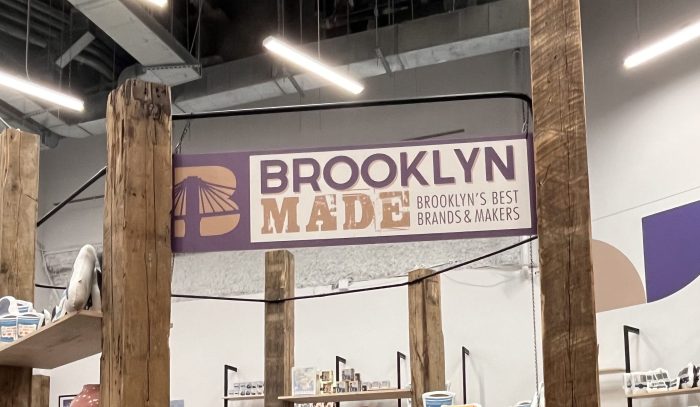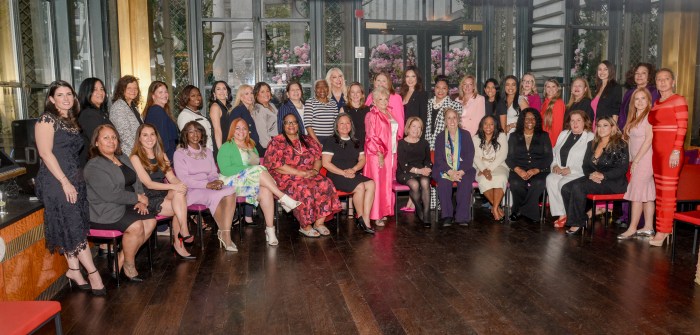Gay man dodges bullet in Florida bar drug selling case
A Florida appellate court panel voted two to one to sustain the dismissal of drug selling charges brought against Julio Blanco, a gay man. The January 21 opinion found that an agent for the federal Drug Enforcement Administration (DEA) had acted in an “unjustifiable and improper” manner in what amounted to entrapment.
According to the court’s opinion, Blanco testified that he was a “lonely homosexual man who was drinking alone at a gay bar looking for someone to pay attention to him. An extremely friendly and attractive man sat down on the barstool next to him, said his name was Mike, and began paying attention to him.”
Blanco testified that “Mike,” who described himself as a New York businessman, had come into the bar with “a couple of friends,” but had left his friends and given Blanco “his undivided attention.” They had drinks together, and “when Mike told Blanco that he and his friends wanted to have a good time, Blanco told him that he had come to the right place.”
According to the ruling, Blanco then testified that “Mike asked him if he like to ‘party’ and Blanco thought ‘party’ meant having a good time or being sexually involved. Blanco then asked what he meant by ‘party’ and Mike responded that he liked to have a good time and asked Blanco about cocaine.”
Mike repeatedly asked Blanco if he could get him some cocaine, but Blanco repeatedly refused.
“Blanco told him that if he was looking for drugs, he did not have any” and started to leave the bar, the court wrote. But Mike was insistent and convinced Blanco not to leave; instead the man went to the men’s room, saying if he saw anybody he knew, he would ask for drugs. When Blanco returned, he told Mike that his friends could get him some “Tina” ––crystal meth. Mike gave Blanco $60 to buy the crystal, which Blanco purchased in the men’s room and gave to Mike.
After the two men had a beer together, Mike said he had to leave and they exchanged phone numbers. Blanco was arrested two weeks later. And, of course, it turned out that Mike was an undercover agent––Mike Nahum–– assigned to the DEA Task Force.
Blanco’s attorney filed a motion to dismiss the charges on entrapment grounds, and at that hearing Nahum testified that he was aware that he was at a gay bar, and that he and another detective went there in response to a tip that drug dealing was going on there. Nahum testified that he had no information that Blanco, who had a clean police record, was a dealer and that he did not know anything about him when he sat down at the bar.
Nahum’s testimony mainly confirmed Blanco’s testimony about what happened.
Broward County Circuit Judge Susan Lebow was very skeptical about the state’s case, according to the appeals court transcript.
“This particular defendant was not a target of an investigation,” she pointed out. “He had not been previously noted as someone who dealt in drugs and that they were targeting him. This officer walks into knowingly––knowing it’s a gay bar––and, as he testified, he approached this man who was sitting alone. He was the one that began the conversation. If it had been a woman sitting there, I think she would have felt the same way. This was a man who was interested in her or him. The manner of procedure here and the talk that resulted would certainly seem to me objectionable, denied this man of his due process rights. And I am going to grant the motion to dismiss.”
The court also noted for the record that “Mike” is “a very attractive man,” and the prosecutor made no objection when the defense attorney described his youthful, fit looks.
The court of appeals stated that based on “the explicit and implicit findings by the trial court, the police conduct at issue can best be described as using the allure of the possibility of sex to induce one who is under no suspicion of criminal plans or activity to commit a non-sex related crime that has been instigated and suggested by police.”
The court concluded that this was improper, commenting that it did not foreclose the possibility that “there will be circumstances in which the government can properly use the lure of sex in cases not involving sex-related crimes,” but that this was not such a case.
The state argued that Blanco was not naive and knew as soon as Nahum said he wanted to “party” that he was seeking drugs, not sex. But, said the appeals court, “The State’s argument completely ignores the style and manner of the approach used by Nahum, and seeks instead to narrow attention to a single aspect only––the verbal communication, and only two words at that. It tries to hide the essential impropriety of police conduct designed to promote and generate crime, where none is in the air.”
Pointing out that Blanco turned down Nahum’s request for drugs three times and even attempted to leave the bar at one point, the court commented: “The human psyche is especially vulnerable to certain charms and, thus weakened, is ever subject to siege by an array of lures and temptations without the State routinely resorting to the oldest and perhaps most effective seduction of them all to create crimes unrelated to the inducement.”
Judge Melanie G. May dissented, finding that Nahum’s conduct was not “outrageous” at all.
“Absent evidence that the officer engaged in behavior to connote the promise of a sexual encounter, I cannot agree that the conduct was outrageous,” wrote May. “The mere fact that the defendant (and the trial court for that matter) found the officer attractive does not make it so.”
May concluded that an objective analysis would support the prosecution, and that it made no difference that Blanco was a lonely gay man looking for company in a gay bar late at night. She argued that Blanco could still raise a subjective entrapment issue as a defense at trial, and that the trial judge should not have just dismissed the case.

































